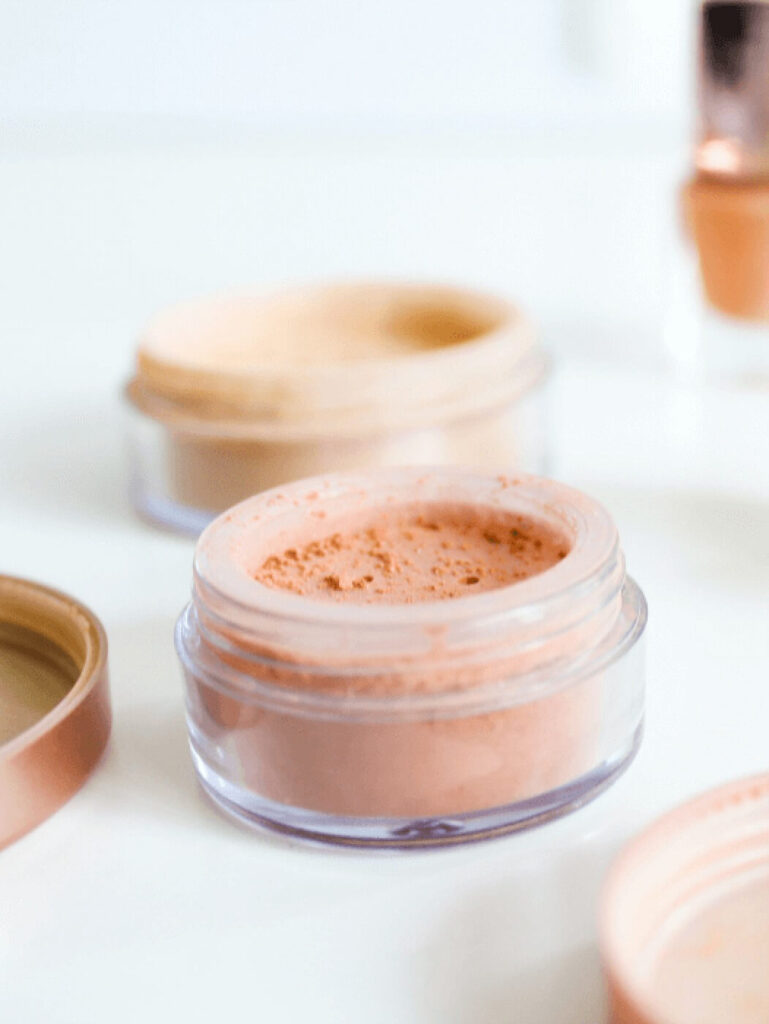Establishing a healthy sleep routine is essential for overall well-being and can significantly improve your quality of life. A good night’s sleep not only enhances physical health but also boosts mental clarity and emotional stability. Here are some effective tips and tricks to help you relax and improve your sleep routine.
1. Create a Consistent Schedule
Going to bed and waking up at the same time every day helps regulate your body’s internal clock. Aim for 7-9 hours of sleep each night, even on weekends, to promote a natural sleep-wake cycle.
2. Design a Relaxing Pre-Sleep Ritual
Establish a calming bedtime routine to signal to your body that it’s time to wind down. This could include activities such as reading a book, taking a warm bath, or practicing gentle stretches or yoga.
3. Limit Screen Time Before Bed
The blue light emitted by phones, tablets, and computers can interfere with your body’s production of melatonin, the hormone responsible for sleep. Aim to avoid screens for at least an hour before bedtime to help your mind relax.
4. Create a Comfortable Sleep Environment
Make your bedroom a sanctuary for sleep. Keep the room dark, cool, and quiet. Invest in a comfortable mattress and pillows to support restful sleep. Consider using blackout curtains and white noise machines if needed.
5. Be Mindful of Food and Drink
What you consume can affect your sleep quality. Avoid heavy meals, caffeine, and alcohol close to bedtime, as they can disrupt sleep patterns. Instead, opt for light snacks if you’re hungry.
6. Incorporate Relaxation Techniques
Practice relaxation methods such as deep breathing, meditation, or progressive muscle relaxation to calm your mind and body. These techniques can help ease anxiety and promote a peaceful transition to sleep.
7. Get Regular Physical Activity
Engaging in regular exercise can enhance sleep quality. Aim for at least 30 minutes of moderate activity most days, but try to complete your workouts earlier in the day to avoid stimulating your body too close to bedtime.
8. Limit Naps
While short naps can be refreshing, long or irregular napping during the day can negatively impact nighttime sleep. If you need to nap, limit it to 20-30 minutes and avoid late-afternoon naps.
9. Manage Stress and Anxiety
Chronic stress can interfere with your ability to relax. Incorporate stress management techniques into your daily routine, such as journaling, talking to a friend, or engaging in a hobby that brings you joy.
10. Seek Professional Help if Needed
If you continue to struggle with sleep despite trying these tips, consider consulting a healthcare professional. They can help identify underlying issues and suggest appropriate treatments.
In summary, establishing a sleep routine filled with calming rituals and healthy habits can lead to better relaxation and improved sleep quality. Prioritize your rest, and your body and mind will thank you!


